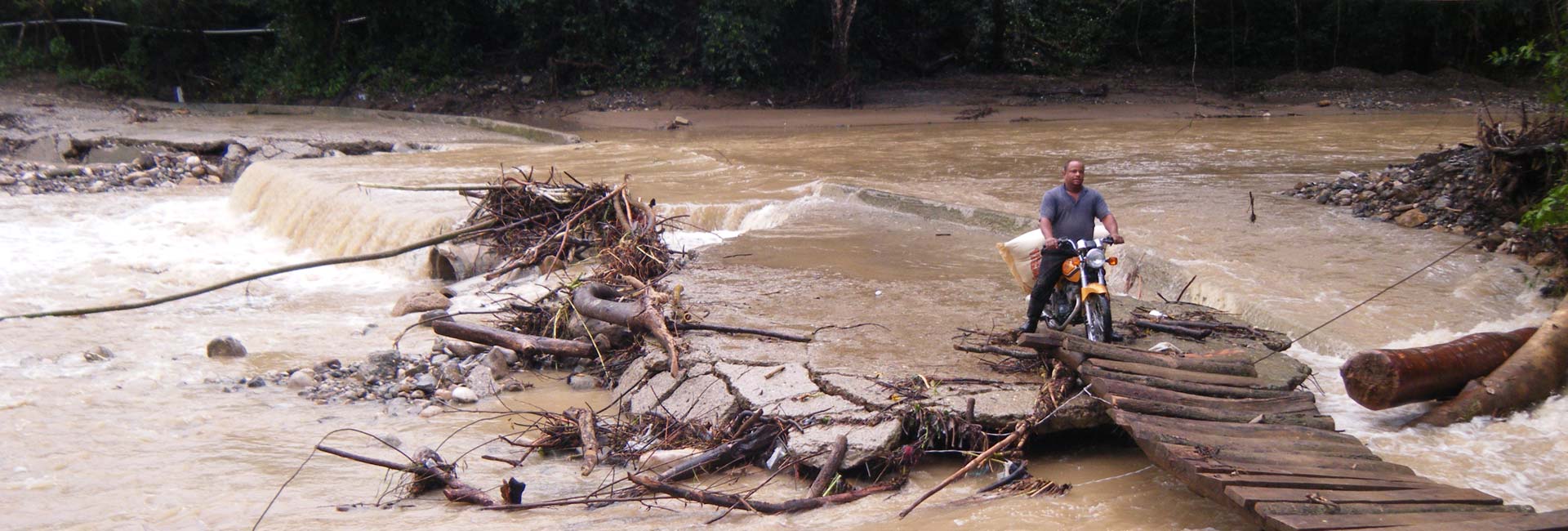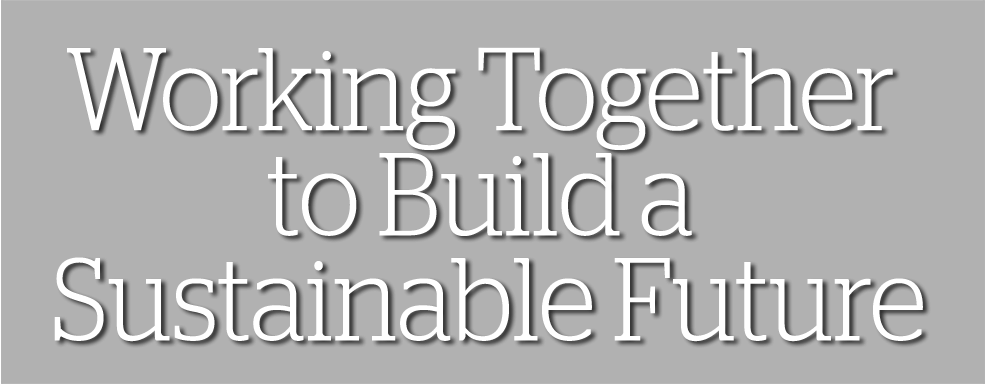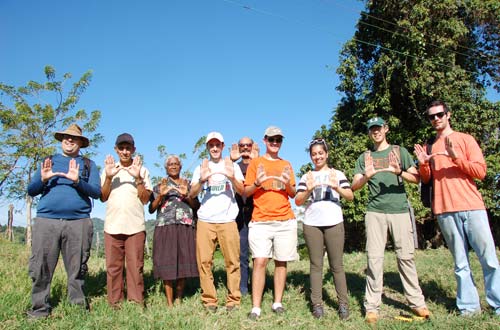

The UM Chapter of Engineers without Borders travels to the Dominican Republic for the first step in creating a water system engineering project.
Isolated near the northern coast, the Dominican village of Ranchito de los Peralta needed help. The University of Miami’s Engineers Without Borders (UM EWB) was a ready ally.
Nationwide flooding in November had swept away sections of the town’s only vehicle bridge that connected the banks of the swollen Caonao River, leaving residents cut off from the rest of the country for several weeks. When the flooding finally subsided, work crews from a neighboring town used compacted mud dredged up from the river as an emergency Band-Aid for the concrete bridge’s badly damaged entryways. Villagers also cobbled together a wooden footbridge as a stopgap measure.
A few weeks later, in January 2017, a UM EWB team arrived in Ranchito with two primary goals. First, make sure the water system that a nongovernmental organization had recently installed was functioning and that the water was still safe to drink. Second, assess the bridges.
About the Photo
A man on a motorcycle attempts to traverse a river across a makeshift bridge put in place after the main bridge was destroyed by flooding.
Join the Conversation:
Follow on
Twitter:
UM Engineers without Borders, @UMEWB
UM College of
Engineering, @UMCoEDean
University of
Miami, @univmiami
UM News, @univmiaminews
But two days into their trip, more heavy rains and flooding battered the village’s vulnerable main bridge.
“We learned firsthand the impact they get when their bridge is out,” says Miami-Dade Water and Sewer Department engineer Manuel Moncholi, UM’s professional mentor for the project. “They were isolated for a month. We were isolated for four days, and we were already antsy and worried. We can only imagine what they go through because they can’t bring in food supplies during those times.”
Ultimately the assessment team, led by Moncholi and five UM engineering students, had to abandon their vehicle and brave the footbridge with their luggage. Though this brief first visit was hampered by the elements, they managed to examine the repairs to the concrete bridge and its new damage post-flooding. They checked the water supply in several homes and met with community members, government officials and church leaders, who expressed interest in establishing an Engineers Without Borders chapter on the island.
The students are now collaborating further with the government and other groups on how to best serve the needs of the village in the coming years.
“We don’t go into a country, think they have a problem with something, give them a solution and leave,” says Michelle Stanley, a fourth-year engineering student and president of UM EWB. “We are required to have a minimum of a five-year partnership with the community.”

After making another information-gathering trip, the team hopes to design a new bridge into Ranchito that will be safer and more reliable, says UM junior Drew Barhydt, one of the project leaders, who notes that construction could begin by August. Additional possibilities, he adds, include installing a pedestrian bridge that connects the east and north sides of town and building a clinic; Ranchito’s nearest medical facility is about an hour away.
As this project launches in the Dominican Republic, another UM EWB team is wrapping up a similarly long-term effort in Ecuador, where they worked with UM's School of Nursing and Health Studies and the Miller School of Medicine to implement a sanitary sewer system in an impoverished town.
Both projects were part of a proposal that won Engineers Without Borders a $25,000 grant from the University of Miami Citizens Board, a philanthropic leadership group, in November 2016.
“We have certain criteria. Number one, it has to have strong impact across the student experience,” says Angel Gallinal, chair of the Citizens Board’s Special Projects Fund Committee, which selected just one grant recipient for 2016. “Number two, it has to do good—and we want sustainable-type projects. This certainly met those criteria," he adds. “And then, when you add to that the passion that these individuals demonstrated for their cause, that just seems to equal a winning formula. This is something that will do a great amount of good for a broad swath of individuals across these affected areas.”
The work these UM teams are doing also reflects the University's commitment to sustainability and its philosophy of transforming lives through education, research innovation, and service, says UM College of Engineering Dean Jean-Pierre Bardet. “The entire community’s quality of life will be improved by what the Engineers Without Borders students are doing in the Dominican Republic,” he says. “These students are engineering a better world and bringing the social and modern-world benefits of engineering to underserved communities.”
The opportunity to use his schoolwork in a real-world application while helping people is what led Barhydt, a biomedical engineering major, to join Engineers Without Borders in the first place. His experience in Ranchito de los Peralta this past winter only solidified his dedication to the organization. “It’s really looking at the big picture,” he says. “How can we improve this community? How can we improve the livelihoods of not just a small group of people but everyone in the community?”
The goal of such projects goes beyond sound mechanical principles and sustainable materials, explains Stanley, an environmental engineering major and a civil engineering master’s candidate in the college’s B.S./M.S. program. “Our relationship with the community also needs to be able to last.”
- CARLOS HARRISON / Special To UM News
